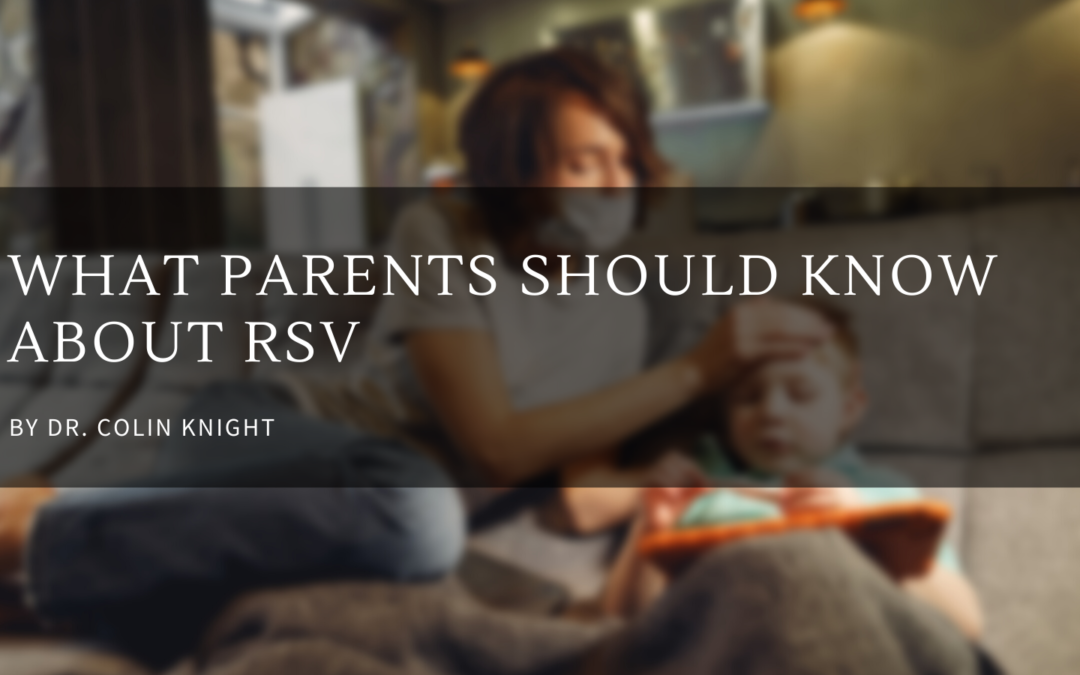Respiratory syncytial virus has been making its rounds this season to the point that it is also making headlines. Last year’s social distancing helped reduce the amount of people who caught RSV, but the virus seems to be making up for lost time by infecting people in droves now that everyone is beginning to gather again. As a parent, knowing as much as possible about RSV helps you protect yourself and your family.
How Do You Catch RSV?
RSV is a fairly common respiratory virus that typically causes some mild cold-like symptoms. While most kids heal from RSV without any problems, others can go on to develop bronchiolitis, which is inflammation that occurs in the small airways of their lungs. Pneumonia is another potential complication. RSV spreads from droplets that people shed from their mouth and nose. It is also possible to catch RSV from touching a contaminated surface and transferring the germs to your eyes, nose or mouth.
What Symptoms Should You Watch For?
The incubation period for RSV is around four to six days, which means you’ll see symptoms begin to emerge during this time frame after you’ve been infected. The symptoms of RSV are a runny nose, coughing and sneezing. Your child may also develop a fever and lose their appetite. Watch for wheezing, shortness of breath and signs of any symptoms that are worsening since this could indicate that your child is developing complications.
Can Parents Catch RSV?
RSV tends to be thought of as a childhood illness, but this isn’t always the case. Most adults have developed immune systems that are better able to fight off the virus, which is why you hear about fewer adults having problems. A parent or other caregiver who catches RSV will likely feel like they have a cold until they recover. People who have chronic health conditions such as asthma or heart disease will want to closely monitor their symptoms because they could experience complications as an adult.
In a time when you are already worried about COVID, hearing that another virus is causing many kids to get sick is likely the last thing that you want to hear. However, you’re already doing many of the same things that help to prevent RSV that you do for COVID. Keep encouraging your child to wash their hands, and watch for emerging new symptoms so that you can seek care from your health provider right away.
